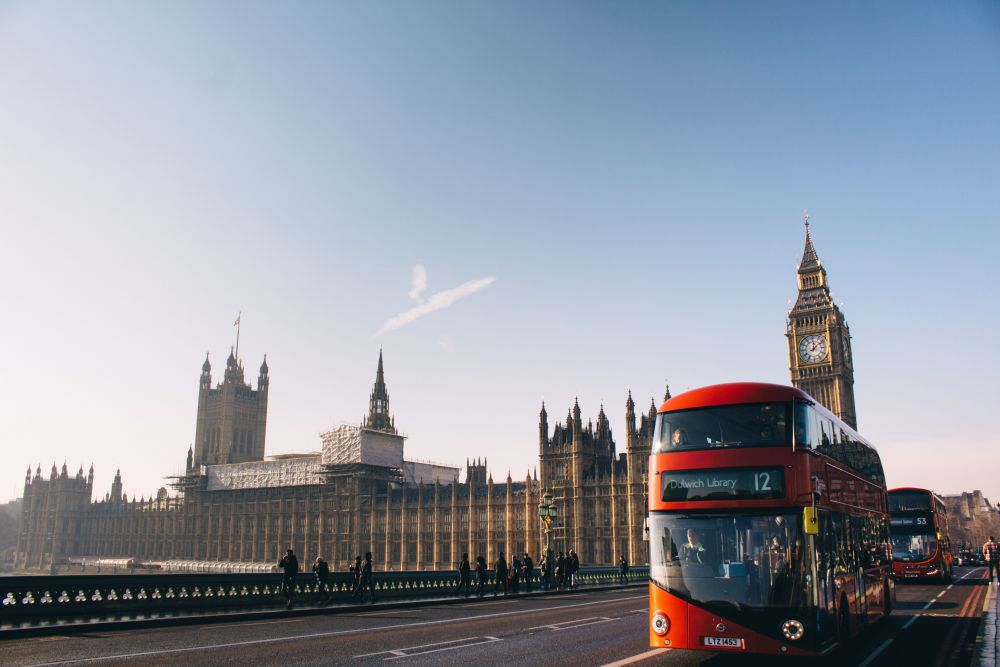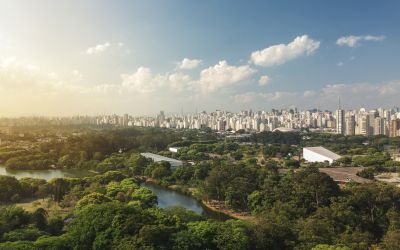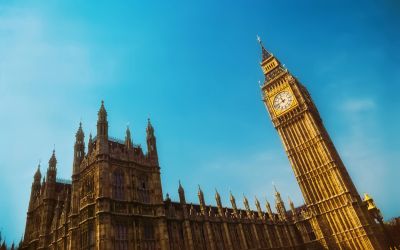Large areas of London to be made ‘car-free’
Mayor of London, Sadiq Khan, and Transport for London (TFL) have announced plans to transform parts of central London into “one of the largest car-free zones in any capital city in the world”.

Mayor of London, Sadiq Khan, and Transport for London (TFL) have announced plans to transform parts of central London into “one of the largest car-free zones in any capital city in the world”.
As of yesterday, the Congestion Charge, Ultra Low Emission Zone (ULEZ) and Low Emission Zone (LEZ) have been reinstated to prevent London’s roads from becoming unusably blocked.This is expected to reduce journeys within the Congestion Charge zone by a third.
Public transport must only be used when absolutely necessary – as a last resort. Many more Londoners must now walk or cycle, with some streets restricted to walking and cycling only, and others limited to buses.
The Mayor of London said the plans will ensure that the people who have no choice but to return to work in central London can do so as safely as possible, as it will create more space for social distancing when walking and cycling.
“If we want to make transport in London safe, and keep London globally competitive, then we have no choice but to rapidly repurpose London’s streets for people,” Khan says.
“By ensuring our city’s recovery is green, we will also tackle our toxic air which is vital to make sure we don’t replace one public health crisis with another. I urge all boroughs to work with us to make this possible.”
As part of the Mayor’s latest bold Streetspace measures, streets between London Bridge and Shoreditch, Euston and Waterloo, and Old Street and Holborn may be limited to buses, pedestrians and cyclists to help boost safe and sustainable travel.
“Covid-19 poses the biggest challenge to London’s public transport network in TfL’s history” The Mayor says.
In the past week alone, TFL has already added around 5,000 square metres of extra space on footpaths across London, giving people space to safely maintain social distancing. Work has also begun on the first temporary cycle lane along Park Lane where the speed limit will be reduced to 20mph to reduce road danger.
They have introduced free 24-hour access to Santander Cycles for NHS workers, including all journeys under 30 minutes.
Following the Government announcement of coronavirus related travel restrictions, traffic levels on TfL roads fell by 60%, with harmful nitrogen dioxide down by around 50% on some of London’s busiest roads.
“The London Streetspace programme is a fantastic opportunity to help Londoners move about the city in safe and sustainable ways in greater numbers than we have ever seen before,” says Gareth Powell, TfL’s Managing Director for Surface Transport.
“This will put public health, safety and the environment at the heart of London’s gradual emergence from lockdown.”
TfL will also be temporarily extending the Congestion Charge reimbursement scheme to continue to support NHS and care home staff, who are at the heart of the national effort in these unprecedented times.






